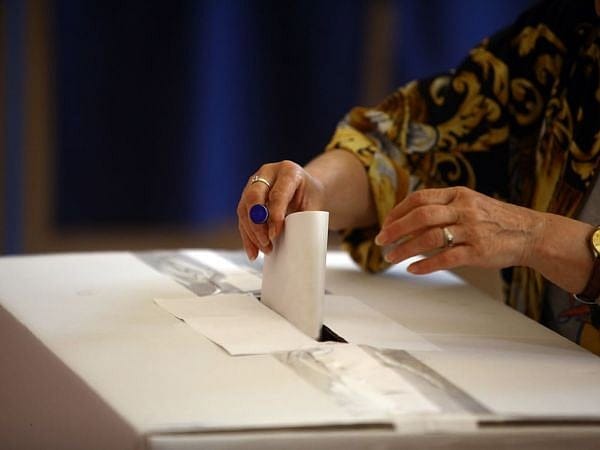Will 44,000 Possibly Fraudulent Votes in Three States Give Joe Biden the Presidency?

If you follow only mainstream-media newspapers, CNN, or MSNBC, you might believe that a tidal wave of votes across the country resulted in Joe Biden coasting to a victory over Donald Trump. After all, Biden supposedly got more than 5 million votes in the popular count than Trump did. How could the race possibly be close or undecided?
And after all, these supposedly phony charges about voter fraud and desperate-heave lawsuits are just from the usual sore losers. Moreover, the courts have repeatedly decided against Trump's lawsuits for two reasons: The plaintiffs either have no standing in these lawsuits, or even if there was some amount of fraud, it would not change the results of the election.

